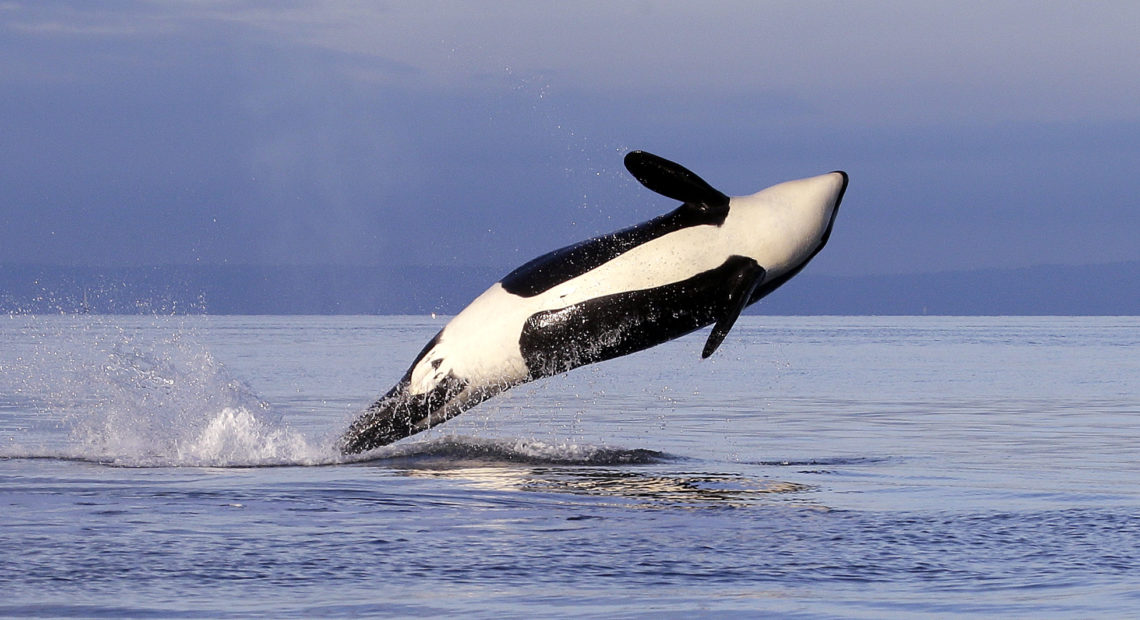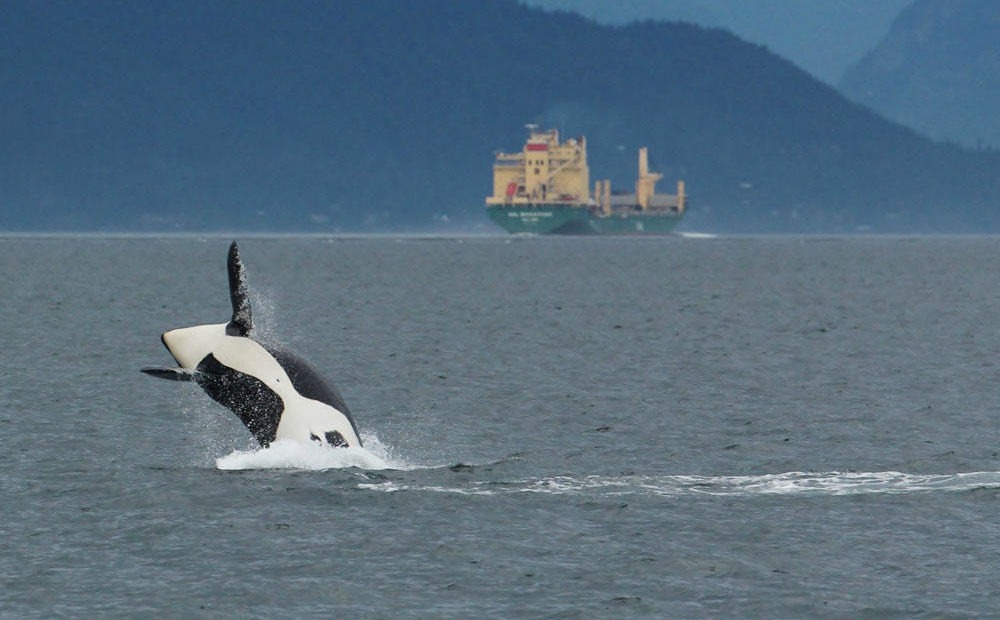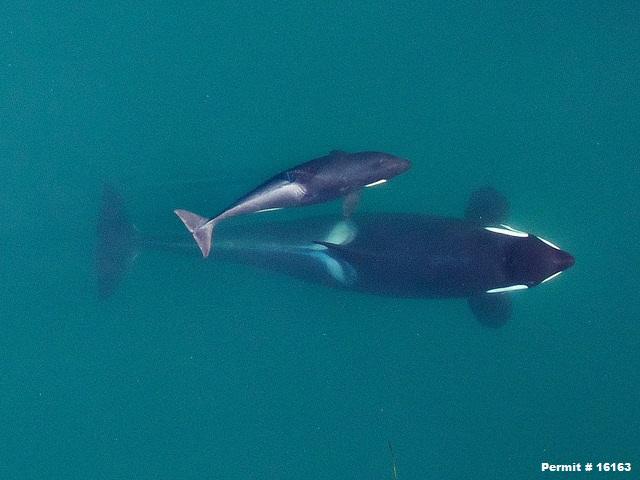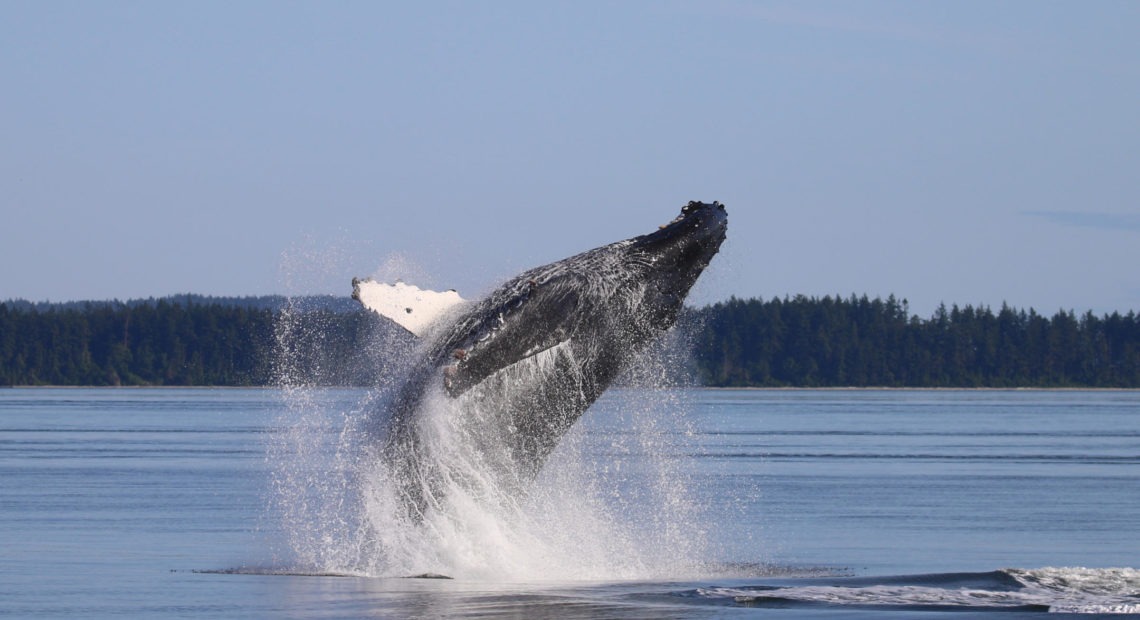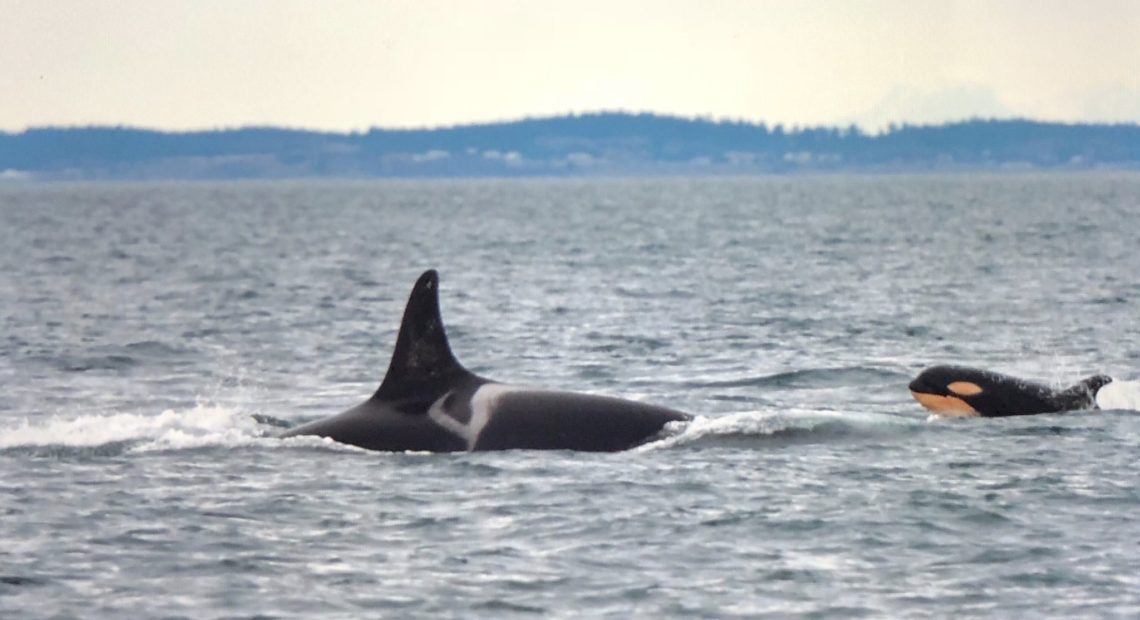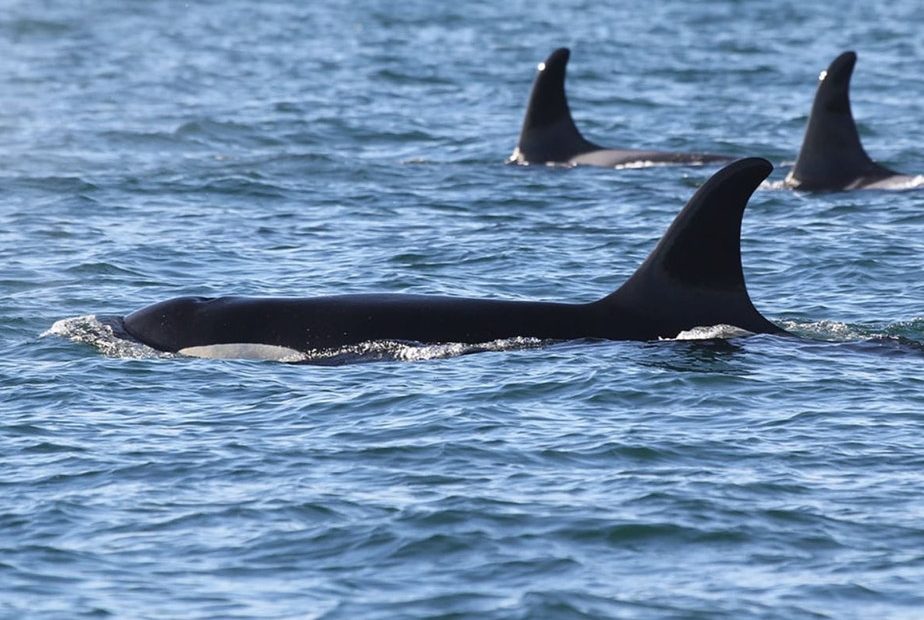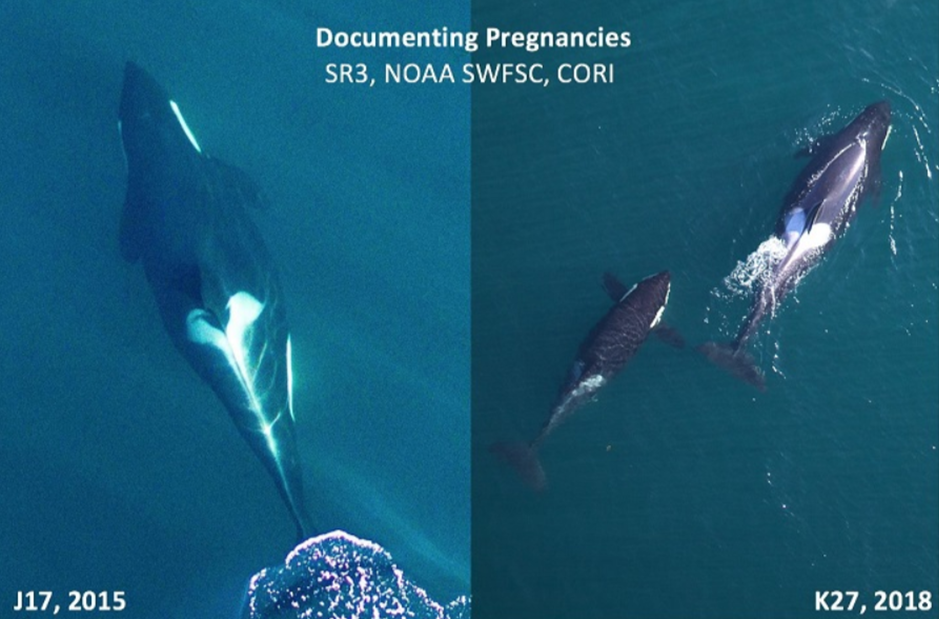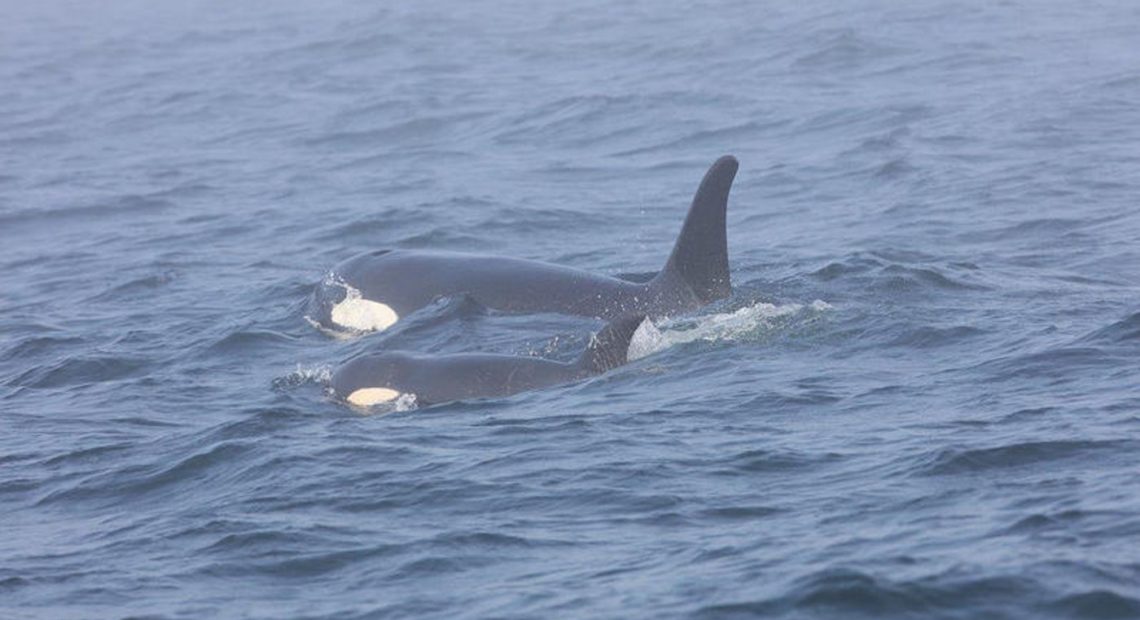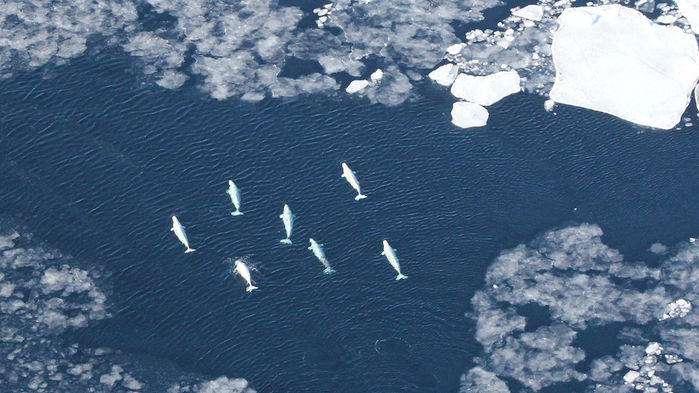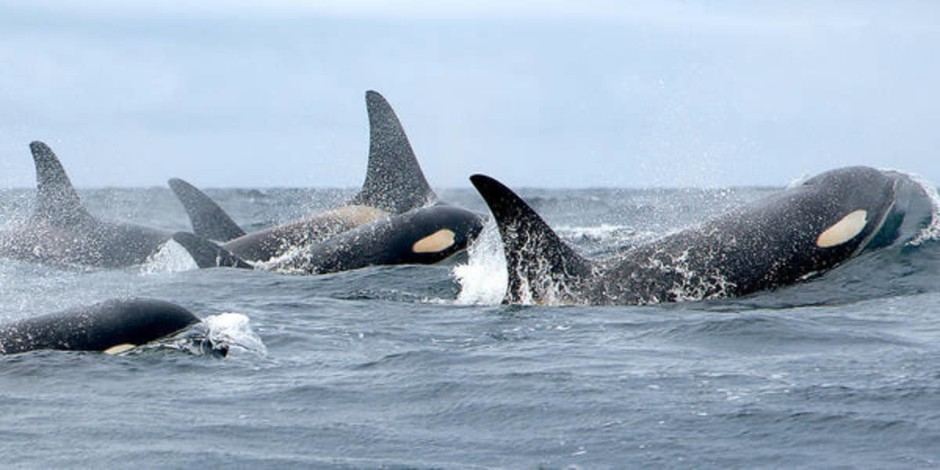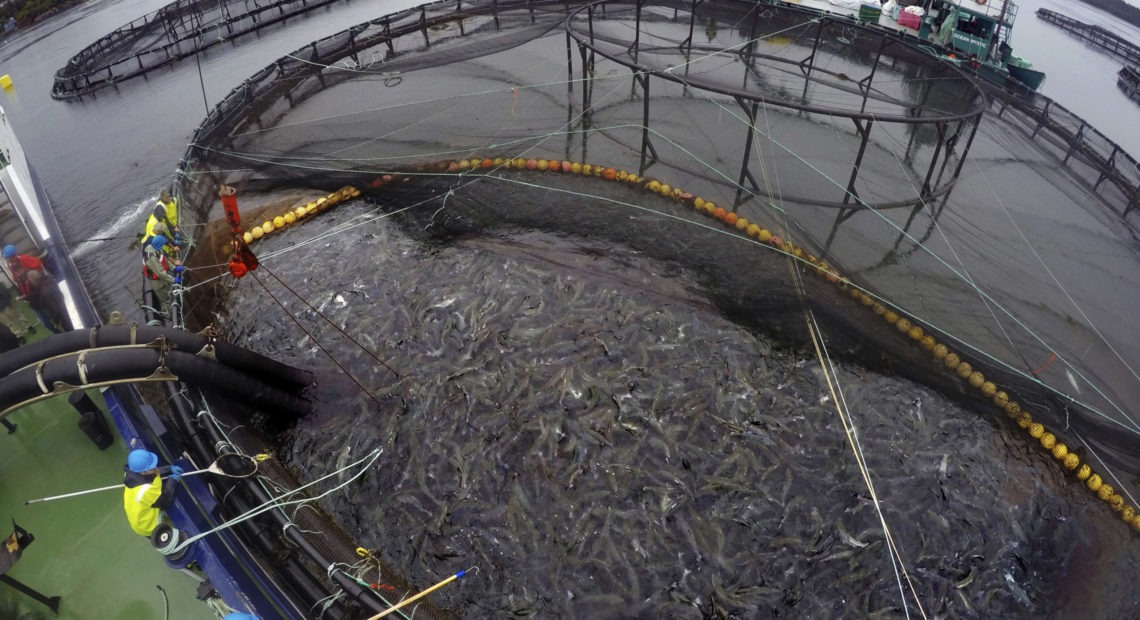Catherine McKinney is a sister of a person with developmental delays. She knows firsthand the joys and challenges families face when seeking opportunity and community for their loved ones.
At Clallam Mosaic, where she is the program and communications director, McKinney helps families like hers find community through recreational programs that range from martial arts to Read More
According to the rules approved by the commission last week, from July through September, commercial whale watching companies can view endangered Southern Resident orcas during two, two-hour periods daily, The Skagit Valley Herald reported.Read More
American and Canadian marine scientists -- and one talented dog -- are seizing an unexpected opportunity presented by the coronavirus pandemic. They are trying to establish whether Pacifc Northwest whales benefit from the current drop in boat traffic and underwater noise.Read More
One of the habitat designations is specifically for Southern Resident Killer Whales, which spend about half the year in the Salish Sea north of Seattle. They feed on salmon. There are fewer than 80 of these orcas remaining. Read More
Humpback whales are resurfacing in big numbers in the Salish Sea, the Columbia River mouth and the Northwest coast. Along with excitement over the humpbacks' return comes concern about ship strikes and entanglement in fishing gear.Read More
The question of whether boat-based watching tours are really harmless has become more urgent in Washington state, where Southern Resident killer whales have been declining since the 1990s.Read More
On Friday, Canadian regulators endorsed the long-fought oil pipeline, which would bring more oil vessels through Washington state waters. The Canadian government proposal would lengthen the Trans Mountain Pipeline, which would allow the country to ship more oil overseas and bring in higher prices. Now, Prime Minister Justin Trudeau is widely expected to approve it.Read More
Researchers say there's a new calf among the population of critically endangered killer whales that live in the waters between Washington and Canada.Read More
A southern resident orca appears to be emaciated, suffering from the disfiguring condition called “peanut head.” Whale researchers encountered the southern resident orcas' J-pod on New Year's Eve as they swam in Haro Strait.Read More
Tribal leaders and members from Washington state crossed the Salish Sea to oppose a pipeline that could bring more oil tankers to waters on both sides of U.S.-Canada border. The Canadian government wants to expand the Trans Mountain Pipeline and triple the flow of oil from Alberta to the Pacific coast.Read More
The lean profile of the whale known as K25 is yet another sign of trouble for the region’s endangered orcas. Since last November, three members of the long-endangered population have died, most recently an emaciated young female known as J50.Read More
Officials in Canada and the U.S. are hatching a plan to temporarily capture and treat an emaciated orca. The young whale known as J-50 hasn't been spotted in nearly a week and could already be dead.Read More
Veterinarians are again trying to help the emaciated young orca named J-50, after a dramatic turn of events over Labor Day weekend.Read More
An emaciated orca from the Pacific Northwest’s critically-endangered resident killer whale population could get a pole injection of medicine under the latest preferred option of an emergency response team. Officials with the lead federal agency, the National Oceanic and Atmospheric Administration, described the changing situation Monday morning.Read More
New trade routes have opened up in the Arctic as melting sea ice makes those waters passable. Because it’s just starting, relatively little data exists about the impacts of the increased shipping traffic on marine mammals.Read More
Researchers at Oregon State University have worked out a way to detect and identify whales long after they move on — just by sampling the water.Read More
A failure to clean and maintain its nets led to the collapse at Cook Aquaculture’s Cypress Island facility this summer -- and the escape of 100,000 more Atlantic salmon than originally reported. That’s the conclusion of an investigation by three Washington state agencies.Read More


